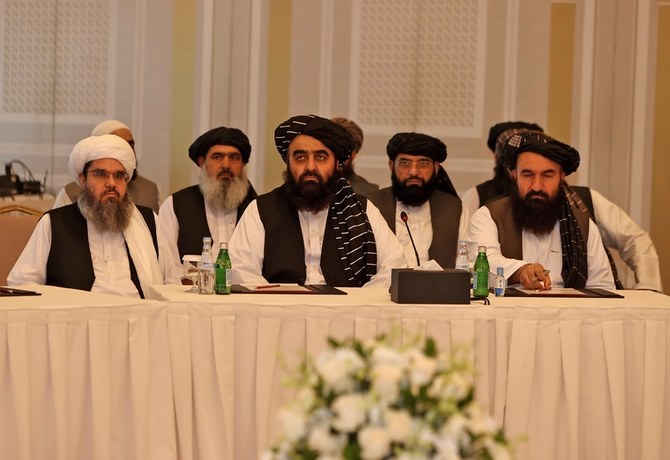Pakistan has decided to take part in the United Nations lead hosted talks on Afghanistan, scheduled to be held on this weekend in Doha.
According to sources, the meeting is schedule on 30th June. This will mark the first time Afghanistan’s interim administration will engage directly with special representatives on Afghanistan from various parts of the world, the sources said.
Earlier this month, Taliban authorities confirmed their participation in the third round of the Doha talks. It set to begin on June 30, a Taliban spokesperson reported by AFP.
According to the sources, Pakistan’s Special Representative on Afghanistan, Asif Durrani, and Ahmad Naseem Warraich, Assistant Secretary for West Asia in the Ministry of Foreign Affairs, will represent Pakistan in the talks.
It is noteworthy that Pakistan has repeatedly requested the Taliban government to prevent cross-border terrorism from Afghanistan into Pakistan by stopping groups like the Tehreek-e-Taliban Pakistan (TTP) and other terrorist organizations from using Afghan territory.
The diplomatic sources revealed that the Afghan Taliban’s interim government boycotted the second Doha talks of 2024 due to the participation of women and civil society representatives.
Before the Doha talks, the United Nations conducted consultations with Afghan civil society representatives both inside and outside Afghanistan, the sources added.
Following the talks, representatives of civil society members and women will hold discussions with the special representatives on Afghanistan on July 2.
“In the third Doha talks, progress on recognizing the Afghan Taliban and Afghanistan’s interim government is out of the question,” the diplomatic sources stated.
On June 21, a senior UN official noted that restrictions on women’s rights continue to hinder Afghanistan’s “reintegration” into the international community. The Taliban’s participation in the upcoming Doha talks does not imply legitimization of their isolated government, the official added.
Since their return to power in 2021, the Taliban authorities have not been formally recognized by any nation.
Restrictions on women and girls, especially in education, “deprive the country of vital human capital” and cause a brain drain that undermines the future of the impoverished country, Roza Otunbayeva, head of the UN mission in the country (UNAMA), told the UN Security Council.


Comments are closed, but trackbacks and pingbacks are open.